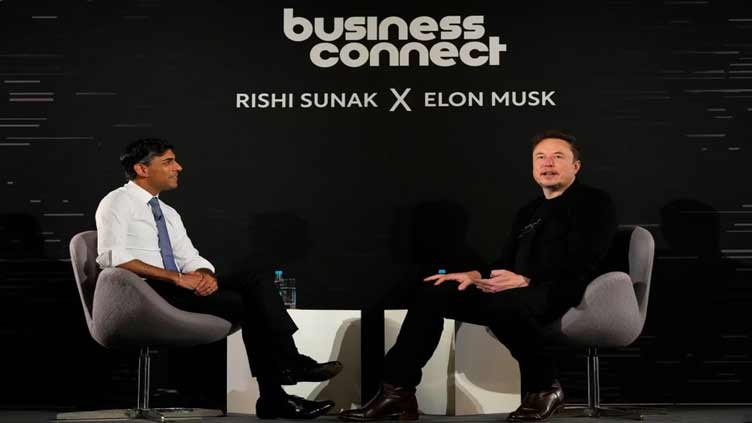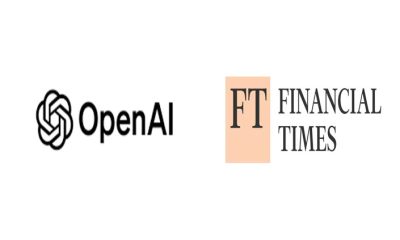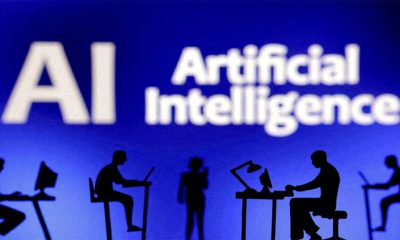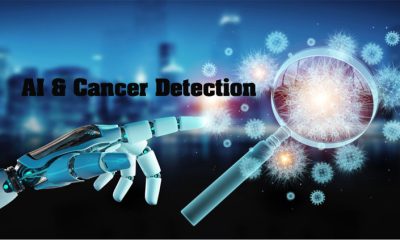Last year, a who’s who of world leaders, corporate executives and academic experts gathered at Britain’s Bletchley Park for the world’s first global AI Safety Summit, hoping to reach consensus on the regulation of a technology some warned posed a threat to humanity.
Tesla mogul Elon Musk and OpenAI CEO Sam Altman rubbed shoulders with some of their fiercest critics, while China co-signed the “Bletchley Declaration” alongside the United States and others, signalling a willingness to cooperate despite mounting tensions with the West.
Six months later, the second AI Safety Summit, a primarily virtual event co-hosted by Britain and South Korea, will take place as hype around artificial intelligence’s potential gives way to questions over its limitations.
“There are some radically different approaches…it will be difficult to move beyond what was agreed at Bletchley Park,” said Martha Bennett, a senior analyst at research and advisory firm Forrester, referring to the historic but necessarily broad agreement on AI safety.
Thornier questions around the use of copyright material, data scarcity and environmental impact also look unlikely to attract such a star-studded congregation.
While organisers have trailered an event comparable to Bletchley, a number of its key attendees have turned down invitations to Seoul.
HYPE
As the first summit closed in November, British Prime Minister Rishi Sunak promised subsequent events would be held every six months so governments could keep tabs on the rapidly-developing technology.
Since then, attention has turned from existential risk to the resources needed to fuel AI’s development, such as the vast amount of data required to train large language models, and the electricity powering a growing number of data centres.
“The policy discourse around AI has expanded to include other important concerns, such as market concentration and environmental impacts,” said Francine Bennett, interim director of the data and AI-focused Ada Lovelace Institute.
OpenAI CEO Altman has suggested the future of AI depends on an energy breakthrough. In February, the Wall Street Journal reported he was also seeking to raise as much as $7 trillion to boost the production of computer chips, a component currently in short supply.
But pinning the future of AI on scientific breakthroughs and lucrative financing efforts may not be the best move, experts warn.
“The failure of the technology to live up to the hype is inevitable,” said Professor Jack Stilgoe, an expert in technology policy at University College London.
“People will find surprising and creative uses for this technology, but that doesn’t mean the future is going to look how Elon Musk or Sam Altman imagine it.”
Shares in tech giant Meta sank 13% last week after it announced it would double down on AI, although the pay-offs from big investments by Google and Microsoft were cheered by markets.
NO-SHOWS
The May 21-22 South Korea summit was always billed as a “mini summit” in anticipation of the next in-person gathering in Paris.
A virtual “leaders session” on day one, followed by an in-person meeting of technology ministers on day two, were explicitly designed to build on the legacy of Bletchley Park.
But far fewer leaders and ministers are set to attend, according to sources familiar with the matter, even with the French government postponing the next gathering to 2025.
A spokesperson for the European Union did not rule out the bloc’s presence, but confirmed its chief tech regulators – Margrethe Vestager, Thierry Breton and Vera Jourova – would not be attending.
The U.S. Department of State confirmed it would send representatives to Seoul, but did not say who. The Canadian and Dutch governments said they would not be attending.
Brazil’s government said it was still considering its invitation, citing a clash with a G20 event the country is hosting the same week.
The Swiss government said Ambassador Benedikt Weschsler, head of digitalisation at the department of foreign affairs, would attend in-person.
“Nothing will ever live up to a first gathering of its kind,” said Linda Griffin, public policy lead at Mozilla, the organisation behind the Firefox web browser.
“Getting international agreements is really hard, so it might take a few iterations of these events to find a rhythm.”
Griffin said there was no specific reason why Mozilla was not attending the Seoul summit but that it was focused on the Paris event.
Similarly, pioneering AI research unit Google DeepMind said it welcomed the summit, but declined to confirm its attendance.
Geoffrey Hinton, a former Google researcher and AI “godfather”, told Reuters he had declined an invitation to the event, citing an injury that made it difficult to fly.
A British government spokesperson said: “The AI Seoul Summit will build on the momentum of Bletchley Park to deliver further progress on AI safety, innovation and inclusivity, moving us all closer to a world where AI is improving our lives across the board.”
Post Views: 12


 Sports3 months ago
Sports3 months ago
 Sports3 months ago
Sports3 months ago
 Fashion2 months ago
Fashion2 months ago
 pakistan3 months ago
pakistan3 months ago
 pakistan3 months ago
pakistan3 months ago
 World2 months ago
World2 months ago
 Sports2 months ago
Sports2 months ago
 World2 months ago
World2 months ago






















